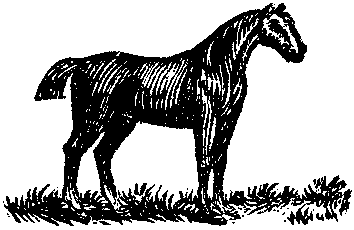“Utmost Endeavors to have all such Articles convey’d from this Place”
Here’s merchant John Rowe’s diary entry for Sunday, 10 Mar 1776:
Rowe seems to sympathize with Dawson rather than the Patriots on the two ships he had captured, or the four “Privateers” that had tried to capture him. He went on:
That proclamation from Gen. William Howe appears here at the Journal of the American Revolution:
When Rowe called Howe’s proclamation “very severe…on Some People,” he was downplaying how that could be severe on him. As a merchant, he owned a lot of cloth. But perhaps he thought he could get away with keeping most of it.
The general’s order not to leave any cloth in Boston sheds light on the rest of Rowe’s diary entry for 10 March:
TOMORROW: A brush with Brush.
Capn. Dawson is Returnd with Two Vessells—he has had a severe Brush with four Privateers.George Dawson commanded H.M.S. Hope, a schooner with four guns and thirty crewmen. On 30 January he had nearly caught or killed the first Continental naval hero, John Manley, as described here.
Rowe seems to sympathize with Dawson rather than the Patriots on the two ships he had captured, or the four “Privateers” that had tried to capture him. He went on:
I staid at home all Day—In writing he stayed home, Rowe meant he didn’t go to church, though he did have the Rev. Samuel Parker over that evening.
A Proclamation came Out from Genl. How this day a very severe one, on Some People
That proclamation from Gen. William Howe appears here at the Journal of the American Revolution:
As Linnen and Woolen Goods are Articles much wanted by the Rebels, and would aid and assist them in their Rebellion, the Commander in Chief expects that all good Subjects will use their utmost Endeavors to have all such Articles convey’d from this Place:So now we know what happened to the Minerva, the ship that Rowe had noted the army had impressed the day before.
Any who have not Opportunity to convey their Goods under their own Care, may deliver them on Board the Minerva at Hubbard’s Wharf, to Crean Brush, Esq; marked with their Names, who will give a Certificate of the Delivery, and will oblige himself to return them to the Owners, all unavoidable Accidents excepted.
If after this Notice any Person secretes or keeps in his Possession such Articles, he will be treated as a Favourer of Rebels.
When Rowe called Howe’s proclamation “very severe…on Some People,” he was downplaying how that could be severe on him. As a merchant, he owned a lot of cloth. But perhaps he thought he could get away with keeping most of it.
The general’s order not to leave any cloth in Boston sheds light on the rest of Rowe’s diary entry for 10 March:
John Inman Went on board this day—with his Wife he has in his Possession three Watches of mine & Sundry Pieces of Checks which was to be made into Shirts—John Linzee was a captain in the Royal Navy who had married Rowe’s niece and remained a good friend. Goldthwait wasn’t just a horse thief; he was commissary for the king’s troops, and undoubtedly wanted to preserve that animal from the rebels as well.
Jos Goldthwait Mrs. Winslow went on board this day—he has Carried off Capn. Linzees horse witho. Paying for him
TOMORROW: A brush with Brush.


No comments:
Post a Comment